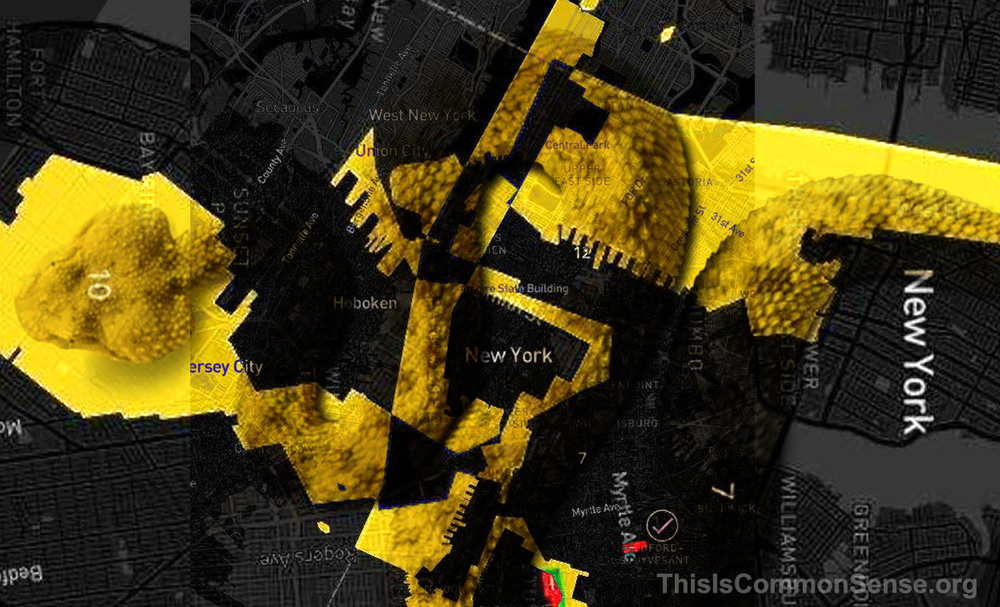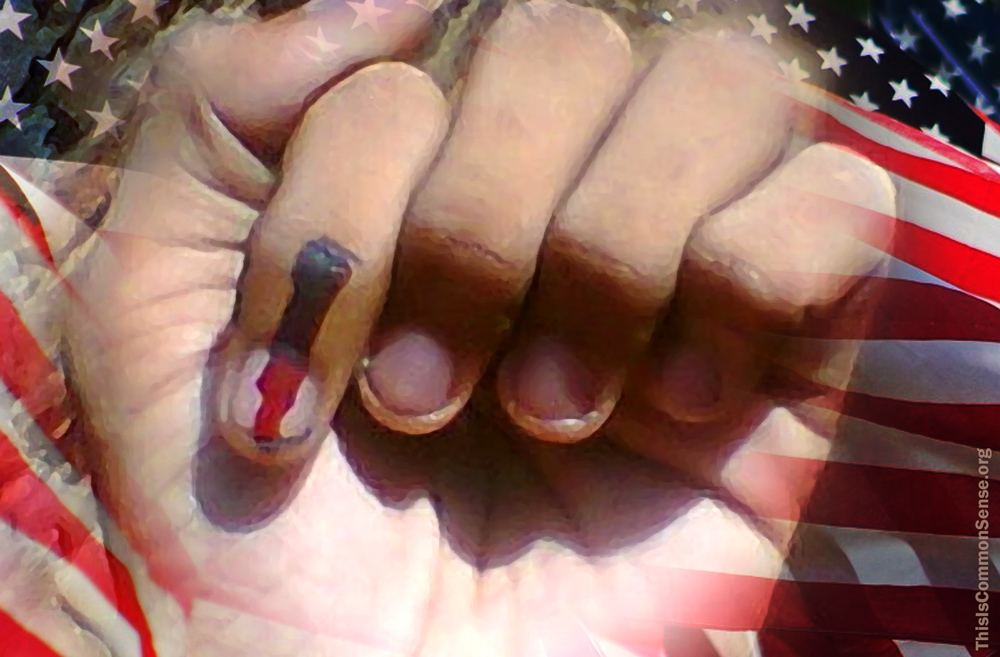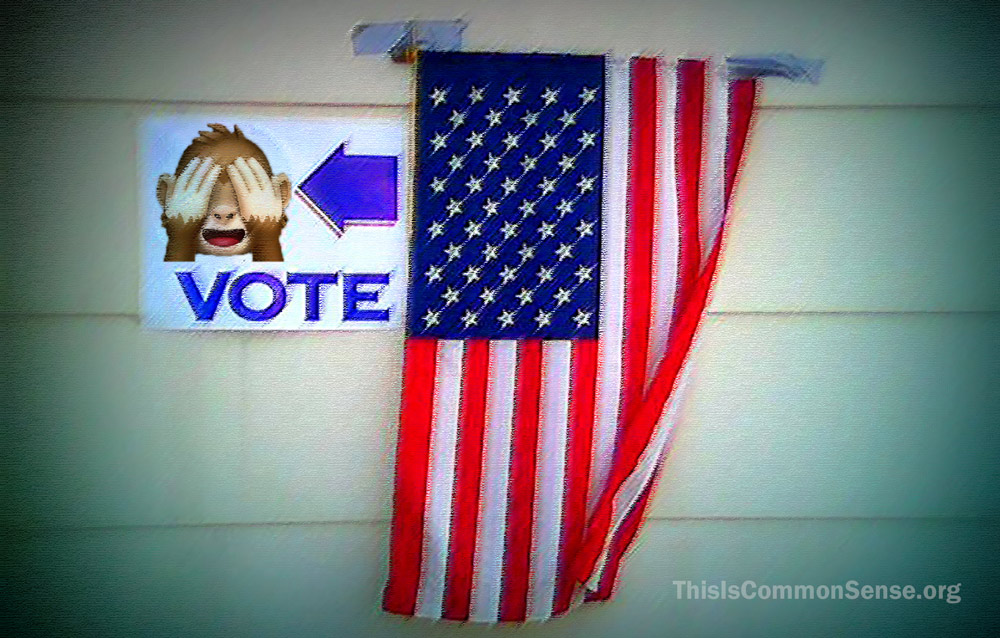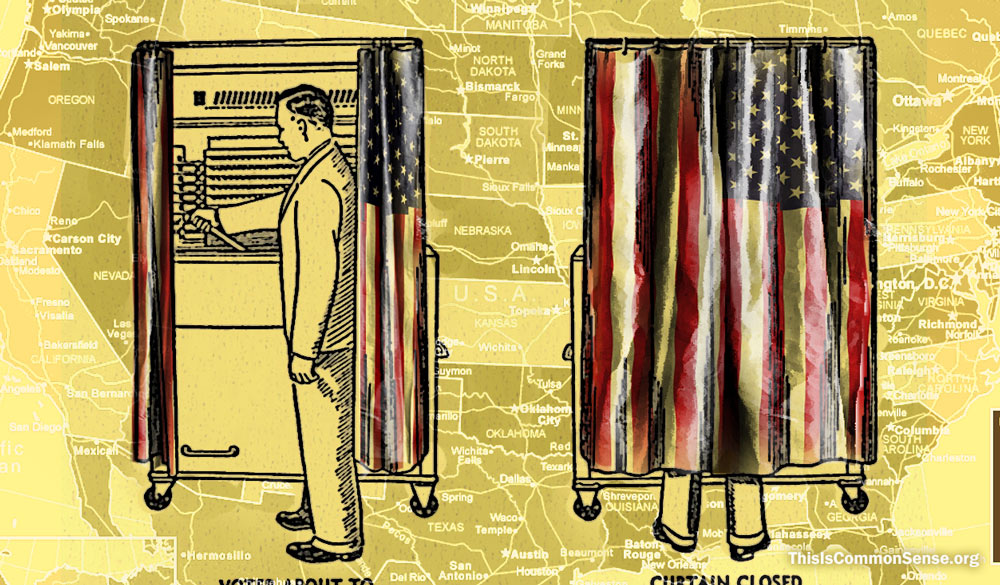An “independent” redistricting commission established in New York State by constitutional amendment has failed. That means state lawmakers get to draw political districts after all.
And boy, are they drawing them.
The maps just proposed by the dominantly Democratic legislature may reduce the number of GOP congressional districts from eight to three. But as Adele Malpass explains, these maps “are filled with districts that are shaped like snakes [and] cross multiple bodies of water.”
Although the failed New York State Independent Redistricting Commission sports that imposing moniker, it is really just a bipartisan commission. Not so independent. The commission was set up in such a way allowing either group of partisan members to obstruct things until there is no alternative but to let state lawmakers draw the districts.
That’s what happened here.
Both Republican and Democratic commission members argue that a legislature-mandated compromise to reconcile clashing sets of maps — a GOP-preferred set and a Democrat-preferred set — was thwarted by the other partisan team. The Republican claim is more plausible; they had nothing to gain by letting districts be squiggled by Democrats in the legislature.
Last November, the commission survived a Democrat-favored ballot measure to kill it, but that victory wasn’t enough to prevent the commission from collapsing.
Perhaps this grotesque gerrymandering will be stymied by courts. It would be great if Empire State voters had the power to enact a more robust district-drawing commission. But sadly, New Yorkers have no statewide right of citizen initiative.
This is Common Sense. I’m Paul Jacob.
—
See all recent commentary
(simplified and organized)





